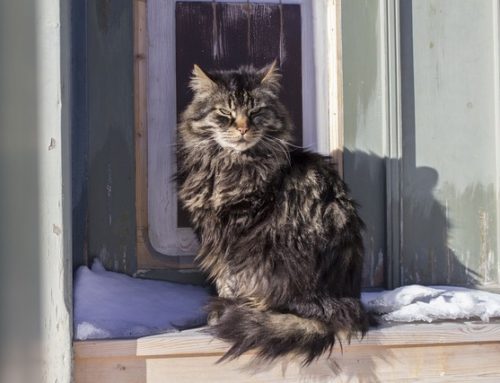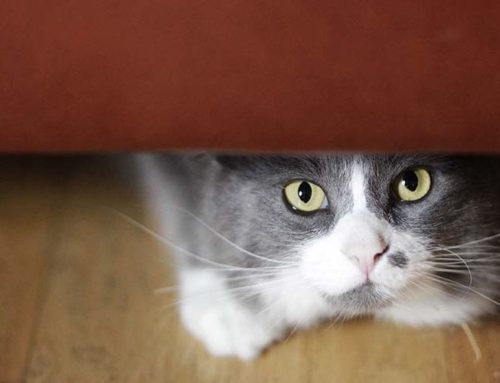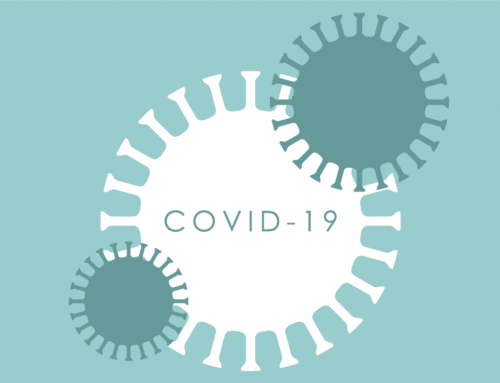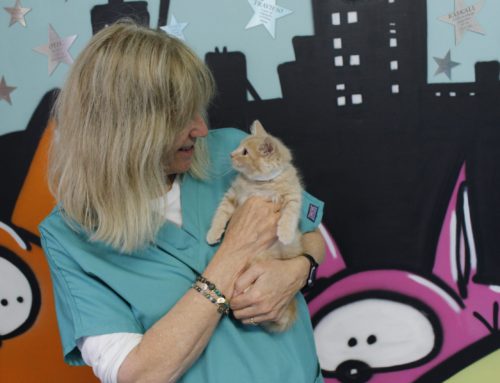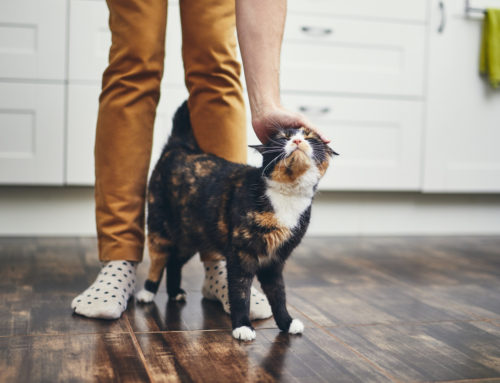
Vaccination safety is quite high and the vast majority of our furry family members hardly skip a beat. Generally, the diseases that you are protecting them from are far worse than the risk of an adverse vaccine reaction. However rare, vaccine reactions can occur and you should be aware of what is normal as well as the possible adverse reactions.
Normal Reactions:
Some puppies and kittens may run a mild fever (102-104 degrees), be slightly lethargic, grumpy, and not eat well for 36-48 hours following vaccination. This is a normal response-their immune system is working to process the vaccine. It should not require treatment. We recommend that you keep the kitten or puppy in a quiet place with plenty of fresh water available, and tempt them frequently with warmed, strong-smelling food (e.g. fish or fishy canned food for kittens, chicken or beef baby food for puppies) to encourage them to eat. If they will not eat or drink or are not improving daily, then you should call the clinic.
A small firm, red, or painful lump at the vaccine site may occur, but usually disappears with a few weeks. A small percentage of cats can develop a tumor (called an injection site sarcoma) following vaccinations. Any lump at a vaccine site in a cat should be checked if it persists for more than 3 months after vaccination, is increasing in size more than one month after vaccination, or is greater than 1 inch in size.
Allergic Reactions:
Anaphylaxis is a rare, severe, life-threatening allergic reaction. Anaphylactic reactions often occur within hours of vaccination, but can take up to 24 hours to manifest; they require treatment by a veterinarian. The most common signs are vomiting, diarrhea, facial swelling, difficulty breathing and sometimes sudden collapse. If your pet has difficulty breathing or has collapsed, seek veterinary care immediately.
You should call you veterinarian for advice if your pet seems severely lethargic, is having profuse vomiting or diarrhea, experiences swelling of the eyes, lips or muzzle, develops hives or is scratching excessively, runs a low-grade fever for more than 48 hours or has a temperature > 104 degrees, refuses to eat or drink for more than 24 hours (12 hours if a puppy or a kitten), or if you have any other questions or concerns.
If your pet has had a vaccine reaction, it is very important to alert your veterinarian any time you are vaccinating your pet. Most likely, your veterinarian will still recommend vaccines as many of the diseases that are commonly vaccinated against can be fatal in unprotected animals, and the risk of disease outweighs the risk of potential vaccine-related side effects.

